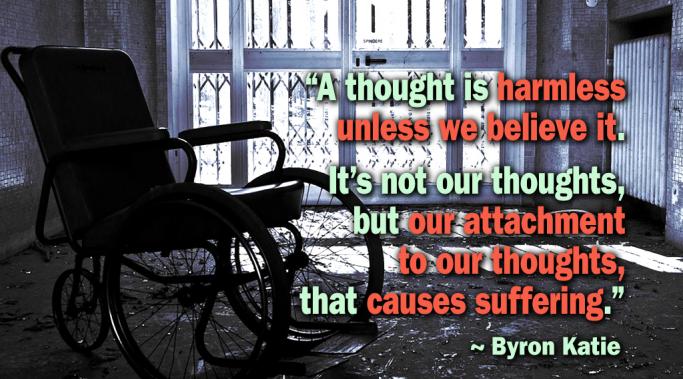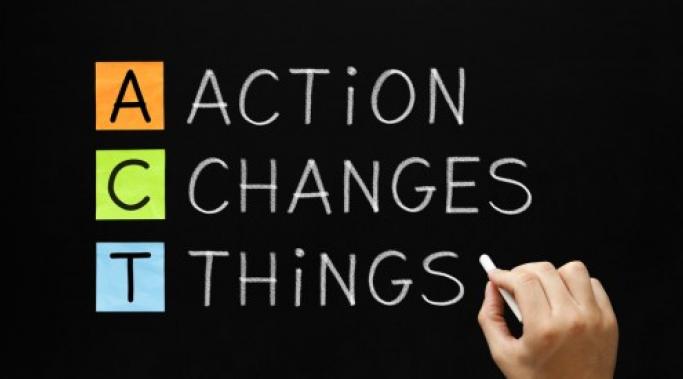Buddhism is more than a religion and spiritual practice -- the principles of Buddhism provide tools for an addiction recovery program. Applying the principles of Buddhism to addiction recovery is not necessarily a new or unique idea, but it is less mainstream than typical addiction recovery programs. Maybe this program will resonate with you more so than SMART Recovery, Moderation Management, or 12 step programs.
Addiction Support
Old, addictive behaviors can crop up, leading to a relapse. These are often traits that served us well in our addiction by enabling us to use or drink with minimal interference. By evaluating our behavior through the lens of humility, we are able to see when old, addictive behaviors resurface and if they may be leading you to a relapse.
Recovery from alcohol addiction, while challenging, is bolstered by alcohol addiction recovery support sayings, inspirational messages and supportive friends. Desperate to change and recover from my alcoholism, I sought advice for regaining control of my life in early sobriety. In the first few months most people advised me on how to manage overwhelming anxiety and cravings. Twelve-step alcohol addiction recovery support sayings, slogans and motivational messages shared at treatment centers correlate to common suggestions for recovering addicts.
The winter blues are here and for those of us in all types of recovery, they can be especially tough (Stop Letting Winter Depression Freeze Your Happiness). If you're a recovering addict or alcoholic with the winter blues setting in, you are not alone.
You need to maintain your addiction recovery, even while on vacation. Vacations should give recovering alcoholics and addicts a break from our routine, but not our addiction recovery. Maintaining a program of addiction recovery while vacationing is crucial for physical and psychological sobriety.
Amy Winehouse, an alcoholic, lacked a social support system near the end of her life, according to a recent documentary about the ill-fated singer and songwriter. After watching the revealing and very sad, Amy, last week, I am reminded how critical it is for struggling alcoholics and addicts like Amy Winehouse, to surround themselves with a quality support system (Importance of Drug Addiction Support).
Loving an alcoholic is challenging, regardless of whether or not the alcoholic is in recovery. There are certain personality traits common to alcoholics which add strain to relationships with friends, family, romantic partners, or professional connections when left untethered. What are some of these personality traits that come out when loving an alcoholic and how do they affect these relationships?
Potentially addictive or harmful qualities of addiction recovery programs are the source of heated debates across the country. One main debate is whether or not addiction recovery programs are more harmful than they are helpful. For instance, I was recently asked, "If addicts can become addicted to anything, doesn't that also apply to recovery groups?"
One thing I've learned is to take action in alcohol recovery and stop arguing. Recent well-publicized articles criticizing 12-step programs have been making the social media rounds and set off another flurry of commentary and response (of which I'm a part). I'd like to suggest, however, doing something that in some ways is becoming easier and easier to avoid in the world of instant information--get off the Internet, stop arguing and take action for alcohol recovery.
How should you deal with a loved one who is actively addicted? For friends and family of addicts and alcoholics, this heartbreaking question constantly presents itself. Guidelines are helpful, but many instances will need to be addressed on a case by case basis.









